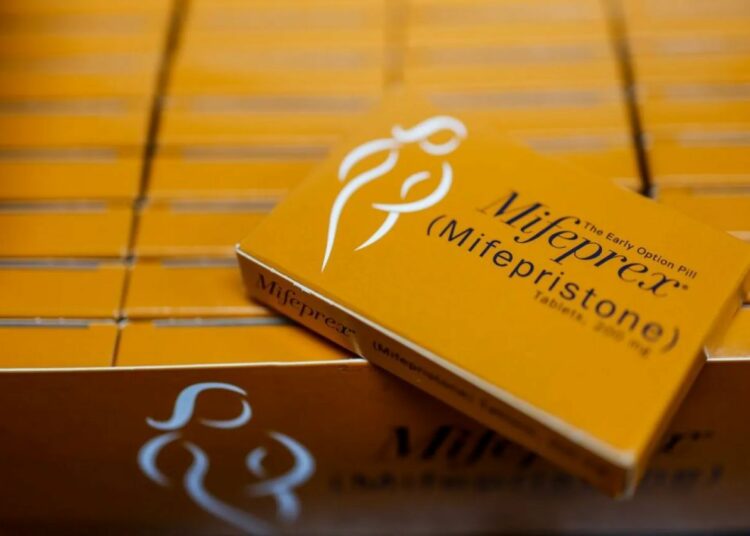In a significant victory for pro-choice advocates, the United States Supreme Court has rejected a bid to restrict access to the abortion pill mifepristone.
The court’s decision found that the plaintiffs, a group of anti-abortion doctors and activists known as the Alliance for Hippocratic Medicine, lacked the legal standing to challenge the drug’s federal approval.
This ruling arrives two years after the court’s landmark decision to overturn Roe v. Wade, which had established a nationwide guarantee to abortion. Since the 2022 ruling, 21 states have imposed stricter abortion regulations, with 17 states banning the procedure at six weeks of pregnancy or earlier. In response, medication abortion, particularly through pills sent by mail, has emerged as a crucial alternative for those affected by these bans.
Mifepristone, one of two drugs used in medication abortions, was approved by the Food and Drug Administration (FDA) in 2000 for use at up to 10 weeks of pregnancy. The two-drug regimen starts with mifepristone to induce an abortion, followed by misoprostol to empty the uterus. This method has become the most common way to terminate pregnancies in the United States.
Over the past two decades, the FDA, the American College of Obstetrics and Gynaecologists (ACOG), and other leading medical organizations have consistently affirmed the safety of both mifepristone and misoprostol. Since 2016, the FDA has further eased access, allowing doctors to conduct virtual appointments and mail prescriptions to patients.
US studies indicated that medication abortion is approximately 95% effective in ending pregnancies, with less than 1% of cases requiring additional medical follow-up.




